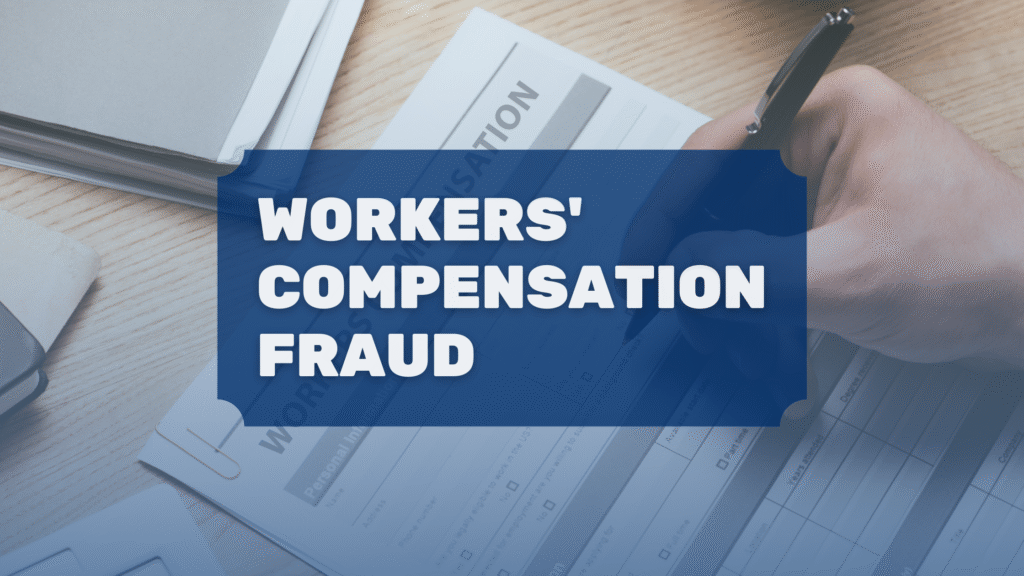March 7, 2025 | JacobiJournal.com — Alleged Zelle Fraud: The Consumer Financial Protection Bureau (CFPB) has dismissed its lawsuit against JPMorgan Chase, Bank of America, Wells Fargo, and Zelle’s parent company, marking another Biden-era case abandoned by the agency. The lawsuit alleged that the banks’ lack of safeguards turned the payment network into a “gold mine for fraudsters.”
The case stemmed from widespread reports of Zelle fraud, where consumers said they were tricked into authorizing payments or saw unauthorized transfers with little chance of recovery. Critics argued that Zelle’s design, which moves money instantly, made it highly vulnerable to scams compared to traditional payment systems. Consumer advocates had hoped the CFPB lawsuit would push banks to reimburse more victims, set stricter fraud detection standards, and increase accountability for financial institutions tied to the platform.
Banks Welcome the Decision
The lawsuit, filed late last year, accused the financial institutions of rushing Zelle’s rollout without proper fraud protections, leaving victims with little recourse. However, banks pushed back, arguing the case was baseless. A Zelle spokesperson stated, “This lawsuit was without merit and legally and factually flawed.”
Executives from JPMorgan Chase, Bank of America, and Wells Fargo have long maintained that Zelle is a secure payment platform when used properly. They emphasized that fraud incidents often stem from consumers being deceived into authorizing transactions, rather than from system flaws. By framing the issue as one of customer education rather than institutional negligence, the banks sought to distance themselves from broader accountability.
Supporters of the decision also pointed out that the dismissal helps protect innovation in the fast-growing peer-to-peer payments industry. They argue that excessive litigation could stifle competition and prevent platforms like Zelle from continuing to expand their services. Still, critics counter that without regulatory pressure, banks have little incentive to enhance fraud protections or reimburse defrauded customers.
A Shift in CFPB Enforcement Alleged Zelle Fraud
This move follows the CFPB’s recent dismissal of cases against Capital One, Rocket Cos., and fintech lender SoLo Funds. The agency’s enforcement approach is shifting ahead of President Donald Trump’s nominee, Jonathan McKernan, taking charge.
This move follows the CFPB’s recent dismissal of cases against Capital One, Rocket Cos., and fintech lender SoLo Funds. The agency’s enforcement approach is shifting ahead of President Donald Trump’s nominee, Jonathan McKernan, taking charge. Consumer advocates note that this trend could weaken protections for individuals facing Zelle fraud, as fewer lawsuits may mean less pressure on banks to adopt stricter safeguards. At the same time, industry groups view the shift as a sign that regulators may favor collaboration and compliance guidance over costly litigation.
More information about this case here.
FAQs: About the Alleged Zelle Fraud
What isfraud and how does it impact consumers?
Zelle fraud refers to scams or unauthorized transfers made through the Zelle payment network, often leaving victims with limited options for reimbursement.
Why did the CFPB drop its lawsuit related to fraud?
The CFPB dismissed its lawsuit against major banks, claiming insufficient grounds to prove liability, even though critics argue Zelle fraud remains a serious consumer risk.
How are banks responding to growing concerns about the fraud?
Banks argue they have strengthened security and consumer education to reduce Zelle fraud cases, while regulators push for clearer protections for victims.
What steps can consumers take to protect themselves from fraud?
Consumers should verify payment requests, avoid sending money to unknown contacts, and report suspected Zelle fraud directly to their bank and the CFPB.
For ongoing coverage of banking and consumer protection, visit JacobiJournal.com.
Read More from JacobiJournal.com
- Birth Injury Compensation Fund Executive Sentenced to 9 Years for $6.7M Embezzlement
- Fertilizer Manufacturer Fined $400K After Worker Dies from Toxic Gas Exposure
- Out of Bounds for Workers Compensation: Frito-Lay Employee’s Injury Denied Coverage
- Iowa Sues Bitcoin Depot and CoinFlip Over Millions Lost in Crypto Scams
- Tennessee Gynecologist Charged with Fraud and Unnecessary Medical Procedures





